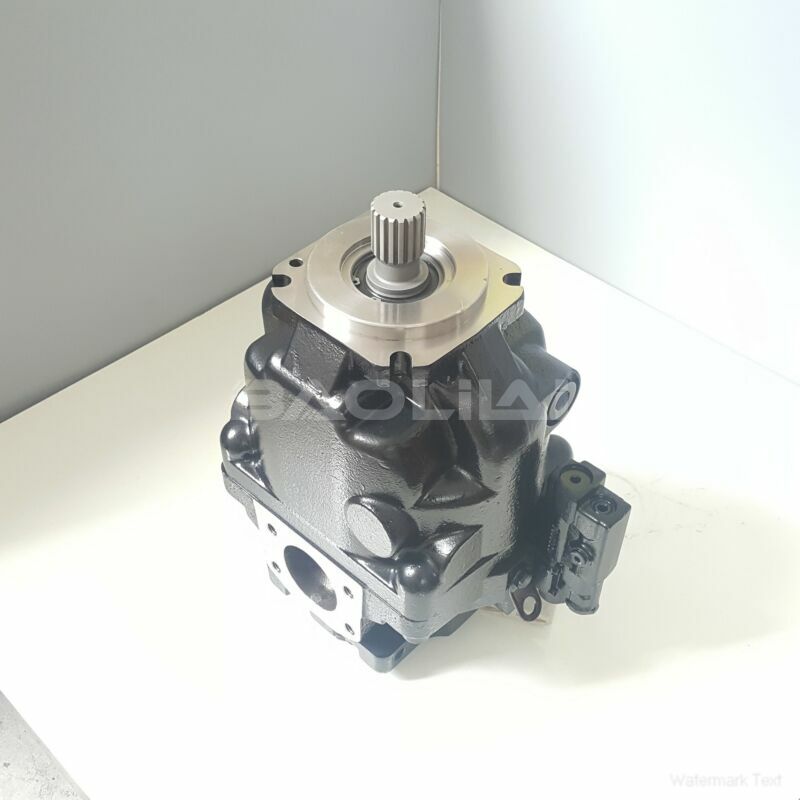ERL100BLS2820NNN3S1NPA1NNNNNNNNNN piston pump
ERL100BLS2820NNN3S1NPA1NNNNNNNNNN piston pump

- Product Details
- Applicable Scene
In recent years, factory automation has become a cornerstone of manufacturing efficiency, reliability, and productivity. Among the myriad components that contribute to this automation, hydraulic pumps play a pivotal role. These devices are essential in driving various machinery and processes, and their significance cannot be overlooked in modern industrial applications.
ER-L-100B-LS-28-20-NN-N-3-S1NP-A1N-NNN-NNN-NNN
ERL100BLS2820NNN3S1NPA1NNNNNNNNNN
Hydraulic pumps convert mechanical energy into hydraulic energy, pushing fluid through the system to power various actuators and machinery. This process allows for precise control of movement and force, which is crucial in factory settings where heavy loads and complex operations are commonplace.

83037509
One of the main advantages of hydraulic pumps is their ability to generate high power density. Unlike electrical systems, hydraulic systems can produce significant amounts of power relative to their size. This characteristic makes hydraulic pumps ideal for applications where compactness and strength are both desired. For instance, in automotive manufacturing, hydraulic pumps are used to drive presses and other machinery that assemble vehicles. Their power allows for the efficient handling of heavy components, thus improving production speed and safety.
Moreover, hydraulic systems offer smooth and responsive motion control. This precision is invaluable in processes requiring exact positioning, such as robotic arms used in assembly lines. The ability to fine-tune the force applied in hydraulic cylinders enables optimal performance, ensuring that products are manufactured consistently and without defects. This control is especially critical in industries like aerospace or electronics, where even minor errors can lead to significant consequences.





